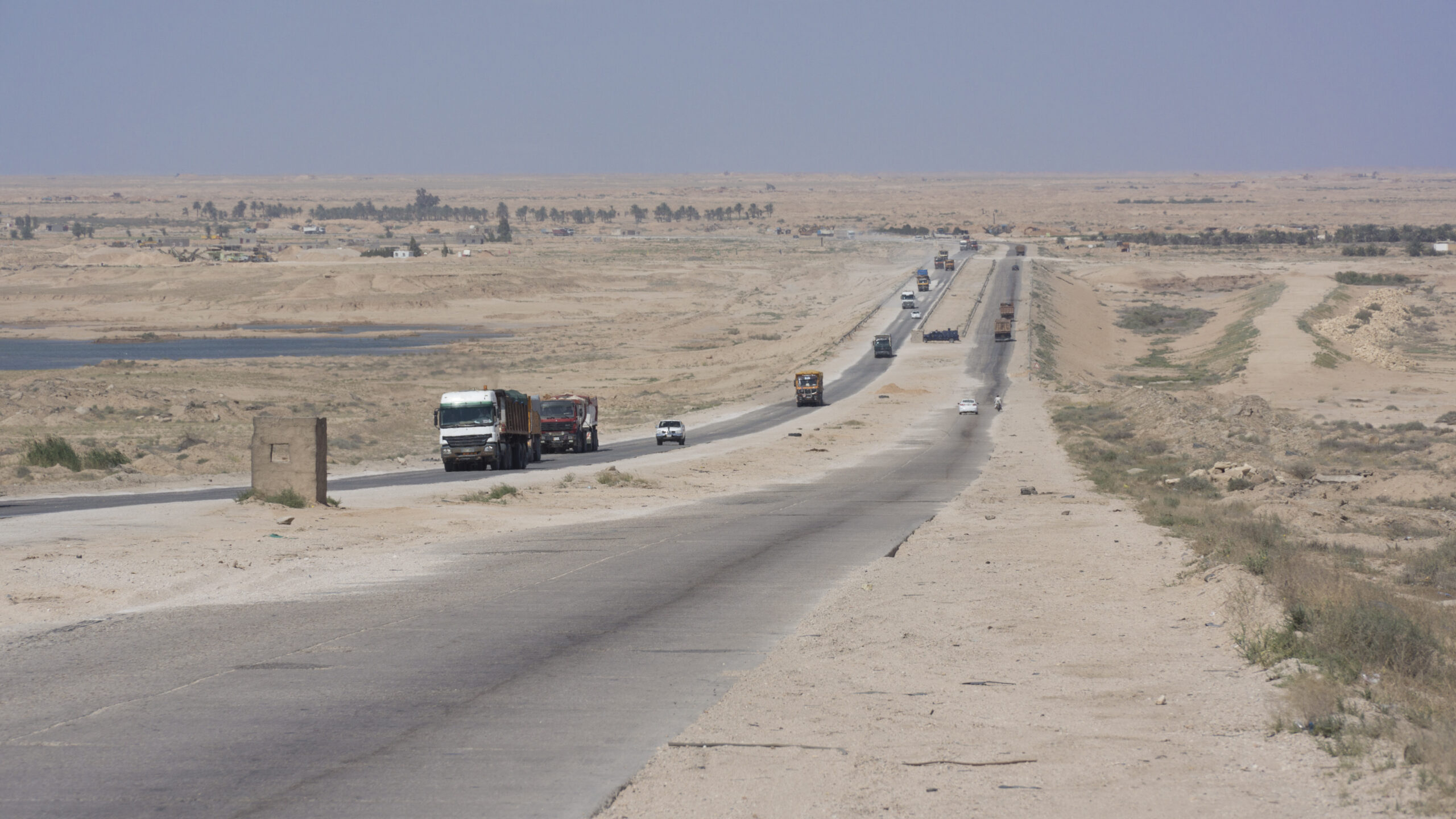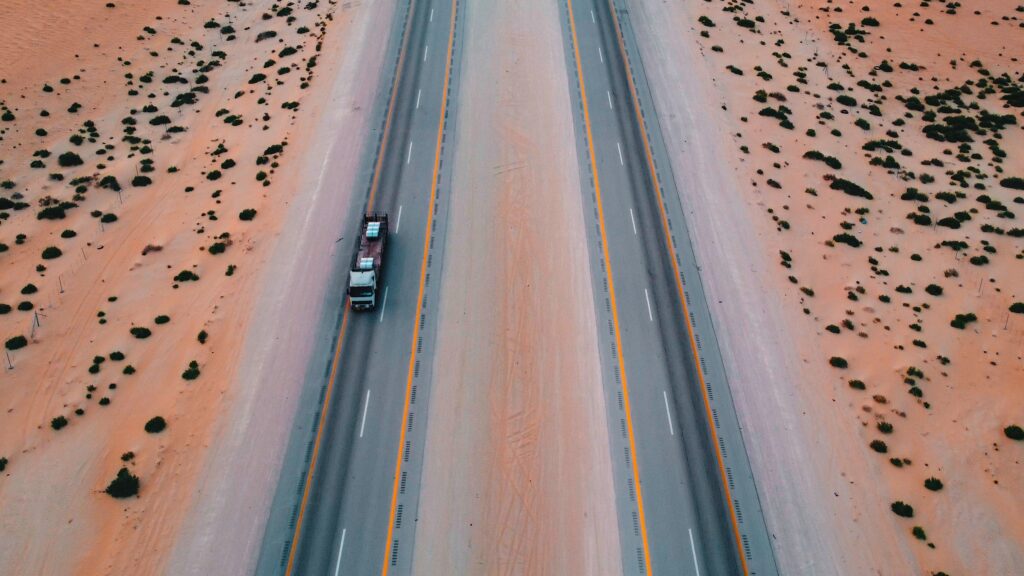Our client, which has a major development project in the kingdom, raised concerns about threats emanating from Yemen and Iran, as well as their exposure to dangers associated with complicated tribal dynamics and potential land-ownership disputes.
These are all complex and long-standing issues, with KSA accusing Yemen of harboring al-Qaeda militants as far back as 2009.Recent years have seen internal fighting between Yemeni government forces and members of the Houthi movement, an armed Islamist political movement that began in Yemen in the 1990s. The United Nations has described the current situation in Yemen as the world’s worst humanitarian crisis, with large-scale displacements due to conflict, millions lacking access to safe water, and regular outbreaks of vaccine-preventable diseases.
Tensions grow between Yemen and KSA
Since 2015, a Saudi-led coalition has launched many operations against Yemeni rebels, and retaliatory attacks have seen missiles and rockets target Saudi territories. In 2019 and 2021, the Houthis attacked Saudi ships, and in January of 2022, the UAE reversed its policy of non-confrontation, which increased tensions in the region. In February 2022, a Houthi drone attack on Abha International Airport in southern KSA injured 12 people. Iran’s long term and continued support to the Houthis further aggravates the complex regional dynamics.

Our client is involved in major development projects in the Saudi Kingdom, and security incidents are not uncommon. Due to previous security concerns, they were quick to ask Intelyse for an in-depth, bespoke risk assessment tailored to their operational exposure – in order to decide on whether or not to continue their work. This decision obviously had repercussions for staff safety, operational security, financial resilience, and reputation management.
Threats from Yemen and Iran were particularly troubling to our client due to concerns about the potential impact on their business. They also wanted support to analyze tribal dynamics, as well as to understand the risk of land-ownership disputes disrupting operations or putting staff at risk. While the client’s concerns were valid, our experts highlighted that road traffic accidents (RTAs) – rather than drone attacks – were the most significant risk to staff and operations.
Results
Intelyse produced a bespoke risk assessment for the client, including scenarios and the likelihood of each threat, as well as advice on mitigating risks. Although the client was originally most concerned about regional tensions and the threat posed by cross-border drone and missile strikes emanating from Iran, our guidance advised that the most significant danger for the client’s staff who were traveling and working on projects in KSA remains the risk of a road traffic accident (RTA).
Our analysis of available data showed that while RTA incidences had dropped, this was due to the fact that there had been less travel during the Covid-19 pandemic, so there was still a significant risk for road travel. However, our experts advised that the risk of attack from Yemen was low. This assessment was used to support the client’s decision to continue their operations in KSA and contributed to wider consortium awareness of safety factors related to major project progress.
To find out how Intelyse can help your business to make critical decisions, get in touch for a consultation: contact us.

